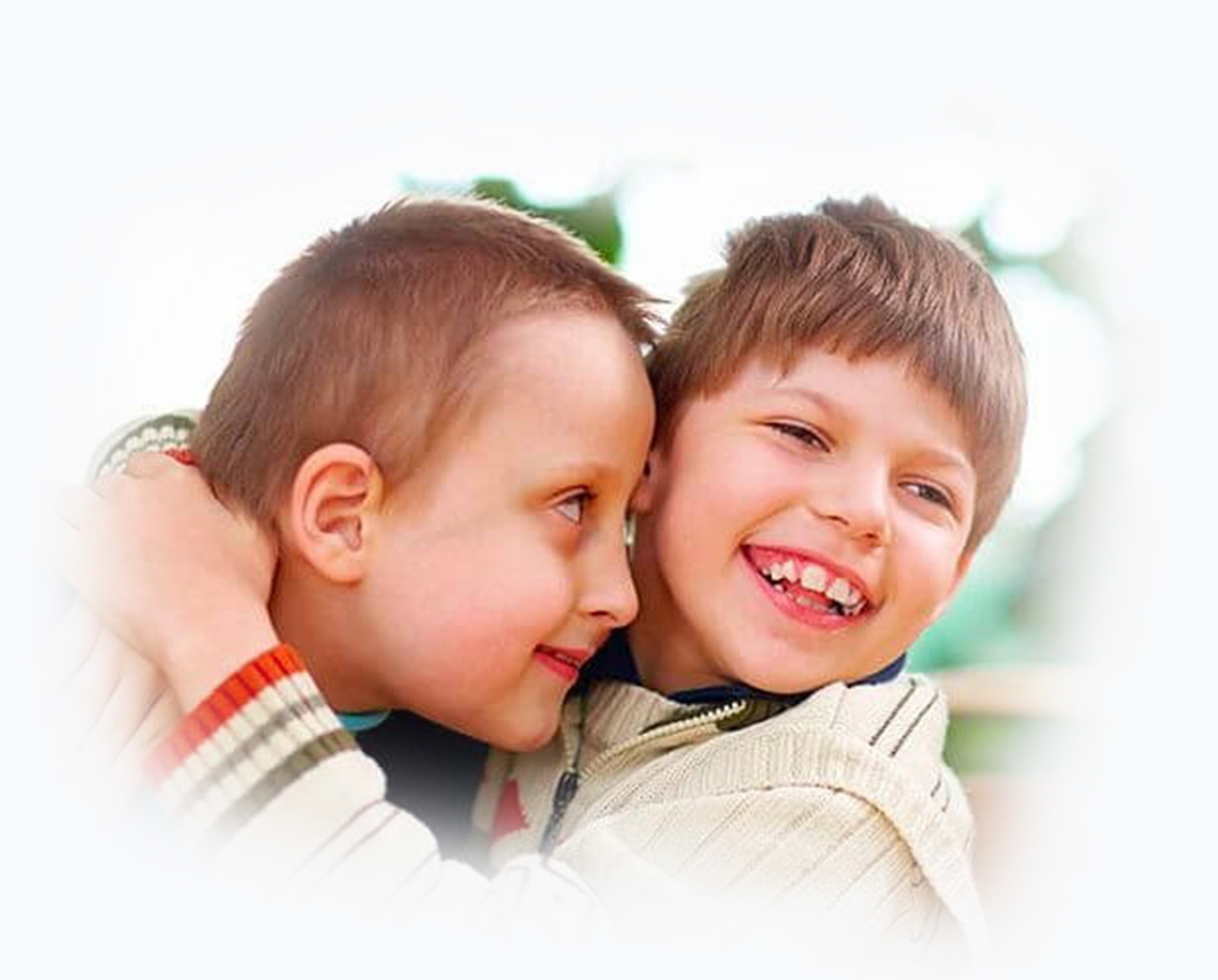

Our organization’s prime focus area of work is to address the challenges and problems of people with neurological disorders by adopting a holistic approach to create an equitable and sustainable environment for them. We as an organization disbelieve in the term “Treatment & Rehabilitation” used for the children with special needs and would instead like to devise our strategy, which would “EMPOWER” these children to be an integral part of our society.
Committed to create a healthy and cognizant environment for the people with special needs.


To empower the people suffering from various neurological and neuromuscular disorders by ensuring a sustainable, healthy and an enabling environment for them.

Cerebral palsy (CP) is the most common motor disability in childhood and young people in both developing and developed world. In India, it has been found that around 3.8% of the population suffers from some disabilities and nearly 15-20% of physically disabled children are affected by Cerebral Palsy. The estimated incidence for cerebral palsy is around 3/1000 live births.
It makes most sense to connote that children with special needs are to be given paramount importance, and that they need to be accepted by society on the same grounds as any normal child. Apart from motor disability, other major challenge, which any child or an adult with special needs faces, is social awkwardness. The possibility of getting side-lined or of not getting enough opportunity to interact with able children of the same age, make them feel dejected and isolated. In most of the cases, the children with special needs lack self-determination of making their own choices and this makes them more dependent on others. Studies have highlighted the social approach towards disabled people, as they are likely to be treated as if they were passive, dependent on their families, professionals, and society in general to make their life decisions. Self-confidence of being able to perform an action all by oneself without being dependent on others determines how a person accepts oneself. It begins to take root in early childhood and develops within a child as their personality and socialization, help frame their self-image and confidence. Disability in a child’s life can make them feel somehow separated from the others, and different. And this mostly makes them feel out-of-sorts socially.